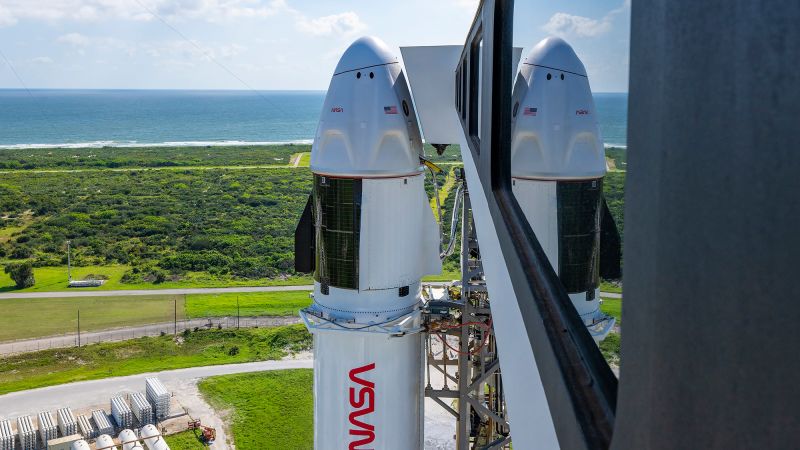In a recent communication addressed to NASA’s staff, acting chief Janet Petro urged employees to adopt the ethos of Elon Musk’s Department of Government Efficiency (DOGE), related to the agency’s shifting landscape amidst substantial management changes. These directives have prompted concern among the workforce regarding the implications of the recent modifications, particularly those surrounding diversity and inclusion initiatives. This correspondence was sent out on a Friday afternoon and garnered significant attention.
Petro’s memo acknowledged the growing anxiety among employees regarding newly implemented executive orders that affect federal hiring practices, as well as directives discouraging projects centered on diversity, equity, inclusion, and accessibility (DEIA). She expressed empathy for the concerns that staff are experiencing due to these overarching changes and suggested that they reach out for support. Her message highlighted a desire for employees to derive inspiration from Musk’s DOGE initiative and to “lean into this new opportunity to maximize efficiencies,” emphasizing a call to adapt and embrace the evolving circumstances within NASA.
The acting administrator elaborated on the rapid-fire updates hitting the workforce, affirming that the volume of recent changes may feel overwhelming. Among these transformations is the cessation of a feature that enabled employees to display their pronouns in email signatures, a required return-to-office directive, and various offers for buyouts along with a program for deferred resignation. These changes are notably part of Musk’s strategy to significantly streamline the federal workforce.
Amidst these sweeping alterations, some anonymous sources familiar with the situation have described many of the adjustments as a “distraction” from NASA’s core missions. One source indicated that the effort to eliminate DEIA references across internal and external communications is substantial and challenging. The previous administration had firmly established inclusion as a core value, leading to widespread use of inclusive language within the agency. This transition toward a less diverse framework appears contrary to NASA’s previous commitments.
Additionally, the upcoming Artemis III mission, which aims to land the first woman and person of color on the moon, was significantly promoted during former President Trump’s administration. As this ambitious project aims for a launch in mid-2027, it stands as a monetary and symbolic reflection of NASA’s ongoing commitment to diversity in aerospace.
As the changes unfold, it remains uncertain how many personnel will take advantage of the buyout or retirement offers. A federal judge has intervened to delay the deadline for employees to declare their intentions pending the outcome of legal reviews concerning the program.
Internal discussions among sources have revealed concerns about the disjointed communication funneling from leadership, reflecting a broader ambiguity surrounding NASA’s geopolitical direction. Many employees sympathize with Petro, recognizing the complexities her role entails as she attempts to navigate the agency through a politically charged environment hostile towards federal employment.
The apprehensions regarding DOGE, particularly its ties to Musk, underscore significant worries among NASA employees. Although communication from the department has reportedly been fragmented, sources have not highlighted any direct interaction with DOGE staff or knowledge of their specific objectives.
As CEO of SpaceX, Musk maintains vast federal contracts with NASA, such as the operation of the Crew Dragon capsule for transporting astronauts to the International Space Station. This relationship inherently raises issues of conflict of interest, as noted by US Representatives Zoe Lofgren of California and Valerie Foushee of North Carolina. They expressed their concerns in a letter directed to Petro, urging safeguards to protect sensitive data and proprietary information that could be at risk.
Petro’s response to this letter is anticipated, elaborating on whether DOGE personnel have made any attempts to access confidential information linked to NASA’s operations. As the agency’s interim leader, who rose to the position unexpectedly after the departure of former NASA Administrator Bill Nelson, she now braces for scrutiny while guiding the agency through this tumultuous chapter.
In conclusion, the evolving scenario at NASA — marked by a refocus on efficiency over inclusivity — has generated substantial internal upheaval and external scrutiny. The agency’s trajectory and its management’s strategies will be closely monitored in the coming months as it aspires to maintain its leadership role in space exploration amid significant political and operational transformation.



